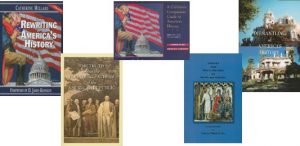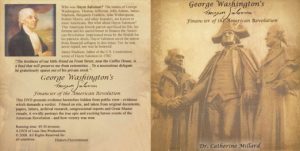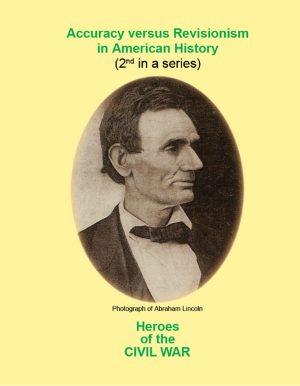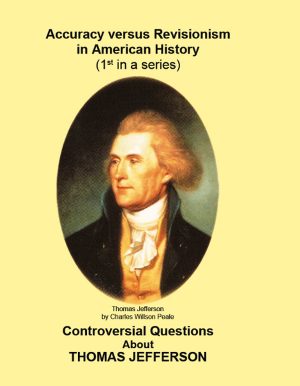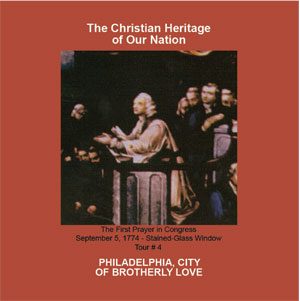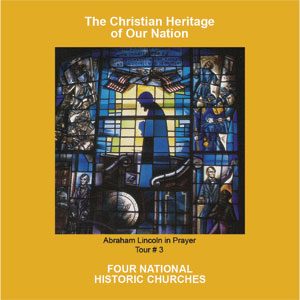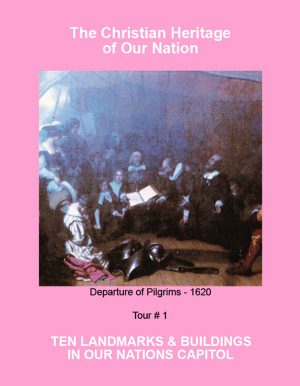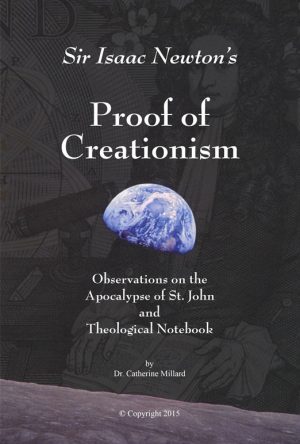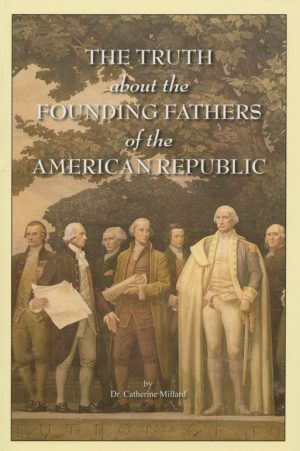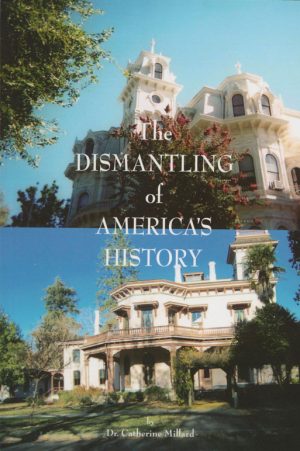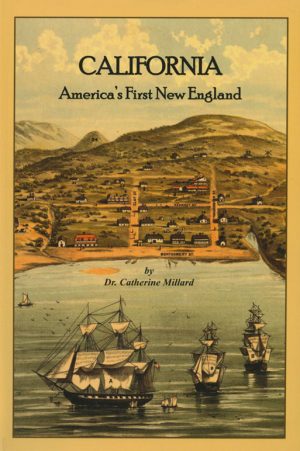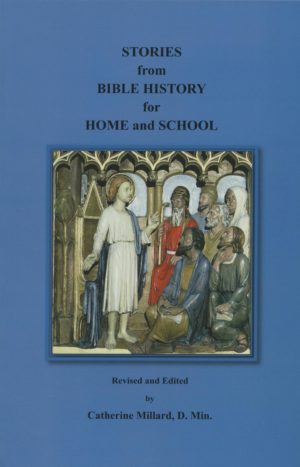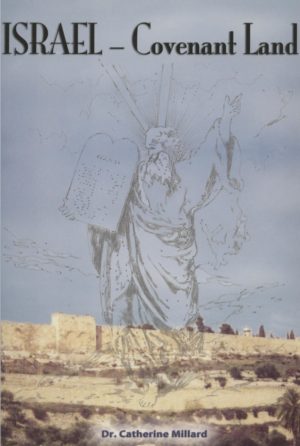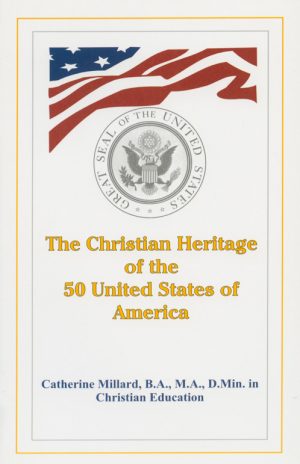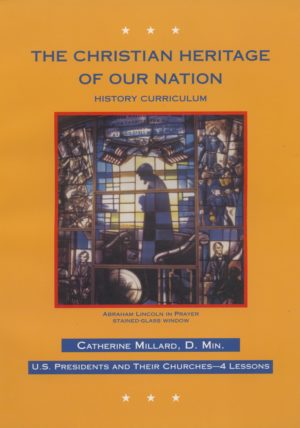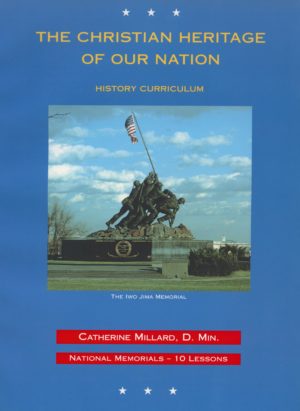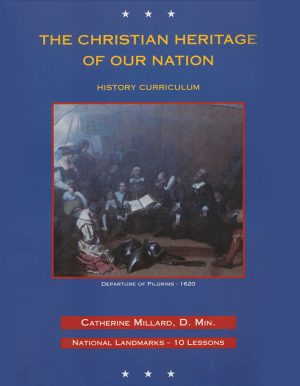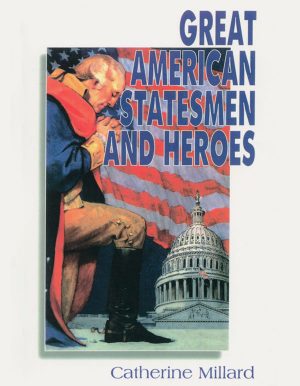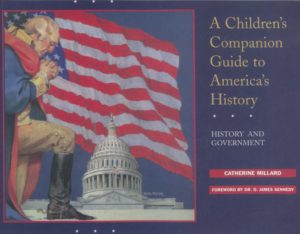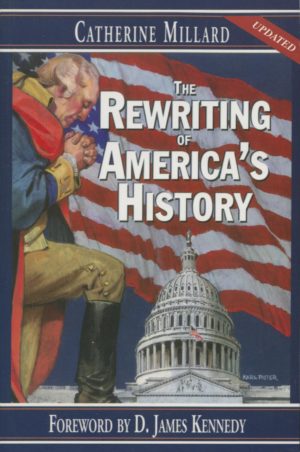John Hancock worshipped at the Brattle Street Congregational Church in Boston, together with fellow-worshippers, John Adams and Samuel Adams. His pastors were Rev. Samuel Cooper, D.D. – succeeded by Rev. Peter Thacher, D.D., who preached his Funeral Sermon at this church:
A Sermon
Preached to the
Society in Brattle Street, Boston
October 20th, 1793
and occasioned by the Death of
His excellency,
John Hancock, Esq., LL.D. and A.A.S.
Governor of the Commonwealth of Massachusetts
by Peter Thacher, D.D.
Pastor of the Church in Brattle Street
Printed at Boston,
by Alexander Young,
State Street
MDCCXCIII
Dr. Thacher’s Sermon
Psalm 146: verses 3, 4.
Put not your trust in princes, nor in the son of man, in whom there is no help. His breath goeth forth, he returneth to his earth; in that very day his thoughts perish.
“…Governor Hancock was formed by nature to act a brilliant part in the theatre of the world. His abilities were of that kind which strike, astonish and please. They were highly respectable; and were cultivated by a learned education in our university, by travelling abroad, and by the conversation of wise and good men which he enjoyed from his infancy. Adopted by an uncle, (The Honorable Thomas Hancock, Esq., one of the Council for the Province of Massachusetts Bay…died August 1st, 1764) who possessed very great property and who filled some of the most important stations in the Province, he early became an object of public attention. Every seed of genius in him was cultivated, and his future eminence was fondly predicted. They were happy who could contribute to his advancements, and his parents by adoption were more pleased with tokens of respect shown to him than with those which they received themselves.
In early life he came into possession of a fortune equal to his utmost wishes, and superior to any which our part of America had then known. It was with anxiety his friends viewed him in this situation; they feared that he would be drawn into the vortex of dissipation, and become a prey to those who “lie in wait to destroy.” They were pleased when they found him taking a different turn, wishing to acquire the esteem and confidence of men of worth and character, and appearing as the friend and asserter of the liberties of his country…
Educated by pious friends, a reverence for religion and its institutions was early inculcated upon him. This reverence he never lost. His house and his heart were always open to the ministers of religion, and he most publickly avowed his attachment to them. He felt himself interested in everything that related to the house of God. He inherited from his worthy ancestors a great affection for this religious society and he exceeded them in his acts of liberality to it.
The sacred desk from which I now speak, yonder bell which calls us to the house of God and announces our return to ‘the house appointed for all living;’ the volume from which the sacred Scriptures are read, were exclusive donations from him; and we all know how largely he contributed, with other worthy and munificent men, in erecting this elegant place of worship, and procuring the expensive Organ which assists us in our psalmody. It might have been said of him as of the centurion by the Jews, ‘he loved our nation, and hath built us a synagogue.’ He entered into all our interests with a warmth and sincerity which proved his real attachment to our peace and happiness…
Those who now fill, or who have heretofore filled conspicuous stations among us, and who have been conversant with the deceased in the cares and concerns of public life, are called loudly to ‘consider their frame, and to remember that they are but dust.’ Elevated as their stations are, and distinguished as they may be by rank and fortune, they see that ‘their breath must go forth, and in that very day their thoughts perish.’ The cares and solicitudes of important stations, ought not now to prevent them from looking after the deceased friend and companion into the gloomy ‘house appointed for all living.’ It should make them realize that the dream of life will soon be over, when they must appear in that world where their distinctions will not avail them, and nothing will stand them in stead, but the approbation of GOD and the testimony of their own consciences. Seriousness in the service of GOD, and pure and inflexible fidelity to men, can alone afford peace and satisfaction to the dying ruler. On the bed of sickness and death, all his popularity, all his possessions, all his branching honors, will not avail him; he must die like other men, and ‘in that very day his thoughts perish!’
Learn then, our venerable fathers, your interest and your duty! Superior to private or selfish views, you will seek earnestly the public good; you will ‘fear God and hate covetousness;’ you will be ‘just men ruling in His fear,’ and the great solicitude of your lives will be, that in the close of them you may have this for your ‘rejoicing, the testimony of your consciences, that in simplicity and Godly sincerity, not by fleshly wisdom, but by the grace of God, you have your conversation in the world;’ and be admitted to the rewards of faithful servants in God’s heavenly Kingdom.
Those who lived in habits of social intimacy and friendship with the late Governor, will permit me to call their attention to the voice of God which loudly exclaims, ‘Be ye also ready…’
The solemnities of death and judgment remind us all of the necessity of attending to the great concerns of religion. Nothing but an interest in the great Salvation, nothing but true vital Godliness, founded by the grace of God in the heart and manifested in the life and conversation, can raise us above the fears of death, or ripen us for the enjoyments of Heaven! Whatever may be our stations or in whatever circumstances Divine Providence may place us, serious Godliness should be the first object of our attention. Now it may be attained. The blessings of the Gospel are now pressed upon our acceptance, and the aids of Divine grace are offered to ‘help our infirmities.’
By and by the scene will be changed; the curtain will drop; we shall bid an everlasting farewell to the world, and shall enter upon the state where every man will receive account to his works. Now, therefore, let us ‘seek the Lord while He may be found, and call upon Him while He is near.’
Let us not ‘trust in princes, nor in the son of man, in whom there is no help,’but let us ‘trust in the Lord forever, for in the Lord Jehovah is everlasting strength!’
And now unto Him ‘before whom all nations are as a drop in the bucket and the dust of the balance,’ unto the King eternal, immortal, and invisible, the only wise God, be ascribed all might, majesty and dominion, both now and forever,
AMEN.” 1
___________________________
Bibliography:
1
Thacher, Peter, D.D., Pastor of the Church at Brattle Street. A Sermon Preached to the Society in Brattle Street, Boston, October 20th, 1793, and occasioned by the Death of his Excellency, John Hancock, Esq., L.L.D. and Governor of the Commonwealth of Massachusetts. Printed at Boston: Alexander Young, State Street, MDCCXCIII. (1793). Library of Congress, Rare Book Collection.
